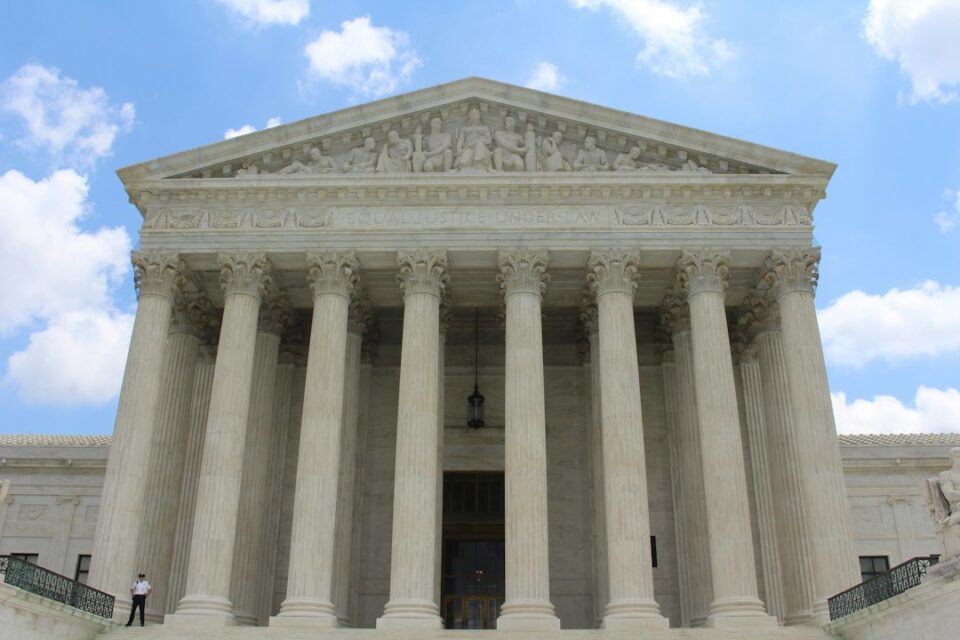In today’s digital age, where personal information is stored and shared online, protecting personal data has become increasingly important. From social media platforms to online shopping portals, individuals are constantly being asked to provide their personal information. However, with the rise in cybercrime and data breaches, it has become essential to understand our legal rights and remedies for privacy violations.
Personal data refers to any information that can be used to identify an individual, such as names, addresses, email addresses, phone numbers, or even social media handles. It is crucial to recognize the value and sensitivity of personal data. Unauthorized access or misuse of personal data can lead to identity theft, financial fraud, or even reputational damage.
Fortunately, several legal frameworks exist to protect personal data and ensure privacy rights. One such example is the General Data Protection Regulation (GDPR) in the European Union. GDPR is a comprehensive set of rules aimed at safeguarding personal data and giving individuals control over their information. It establishes strict guidelines and obligations for organizations that process or handle personal data, ensuring transparency, consent, and the right to be forgotten.
Similarly, other countries have enacted data protection laws to address privacy concerns. For instance, the California Consumer Privacy Act (CCPA) provides Californian residents with the right to know what personal information is being collected about them, the right to delete their data, and the right to opt-out of the sale of their personal information. These laws empower individuals with greater control and transparency over their personal data.
In addition to legal frameworks, there are various remedies available to individuals whose personal data has been violated. One such remedy is the right to file a complaint with the relevant regulatory authorities. In the EU, individuals can lodge complaints with their national data protection authority (DPA) or the DPA in the country where the violation occurred. These DPAs have the power to investigate complaints, impose fines, and order remedies for individuals affected by privacy violations.
Moreover, individuals can pursue legal action against organizations responsible for privacy violations. This may involve filing a lawsuit, seeking monetary compensation for damages suffered due to the privacy breach. In some cases, collective or class-action lawsuits can be initiated, enabling multiple affected individuals to join forces and hold organizations accountable for their actions. Legal remedies not only provide individuals with justice but also serve as a deterrent to organizations, emphasizing the importance of protecting personal data.
Individuals should also take proactive measures to protect their personal data. These include being cautious about sharing personal information online, using strong and unique passwords, regularly updating software and applications, and being aware of phishing attempts or suspicious websites. Additionally, individuals can exercise their privacy settings on social media platforms, limit the data they share, and carefully read the terms and conditions before providing consent for data processing.
Education and awareness play a crucial role in ensuring personal data protection. Governments, regulatory bodies, and organizations should take responsibility for educating the public about privacy rights, the potential risks associated with personal data breaches, and the available legal remedies. By enhancing public knowledge, individuals will be better equipped to protect their personal data and exercise their rights effectively.
In conclusion, protecting personal data is vital in today’s digital world. Legal frameworks such as the GDPR and CCPA provide individuals with rights and remedies to address privacy violations. The right to file complaints, pursue legal actions, and seek compensation contributes to holding organizations accountable for their actions. However, individuals must also take proactive measures to protect their personal data and stay informed about privacy rights and risks. With a collaborative effort, we can create a safer online environment where personal data is respected and privacy is safeguarded.

